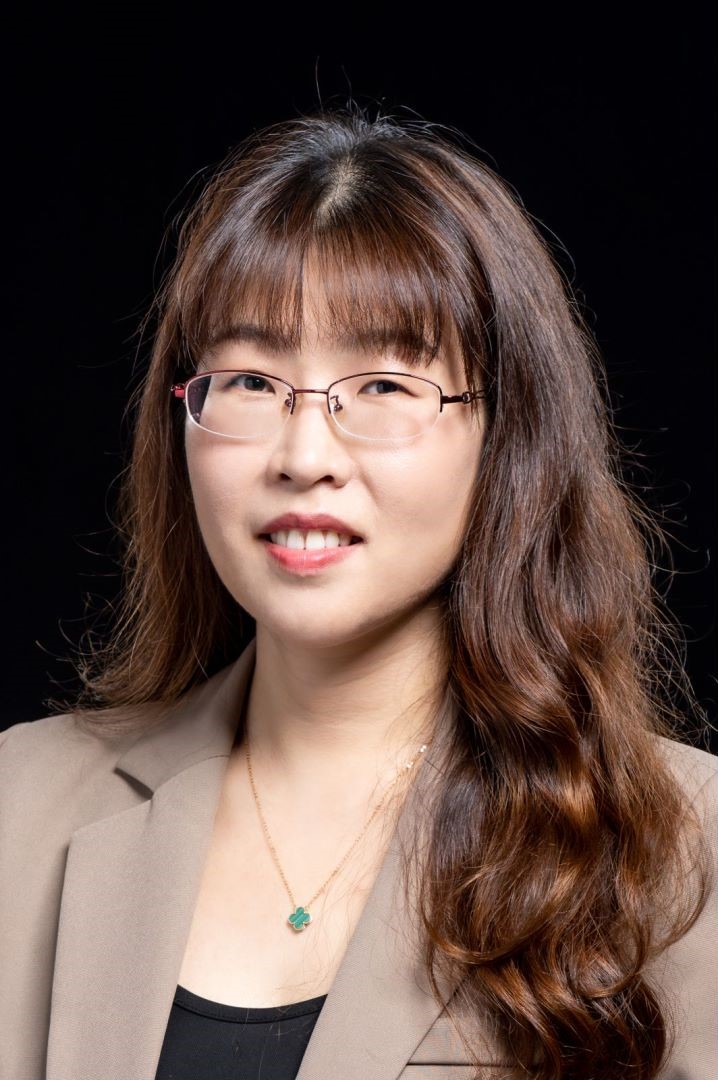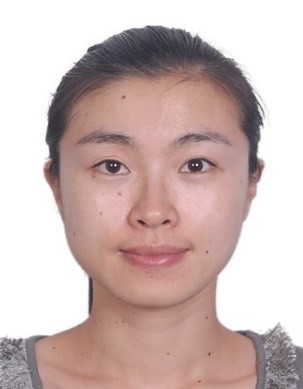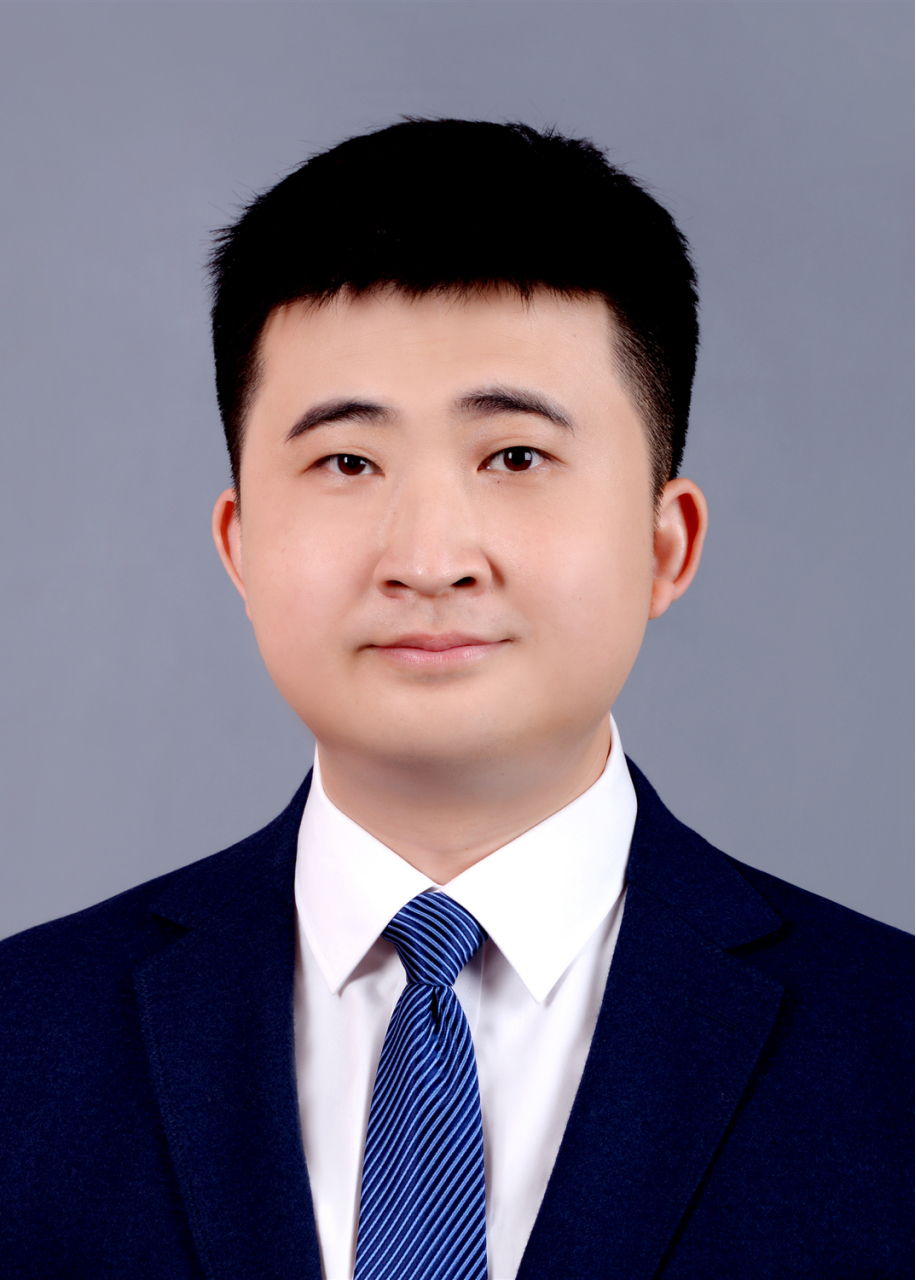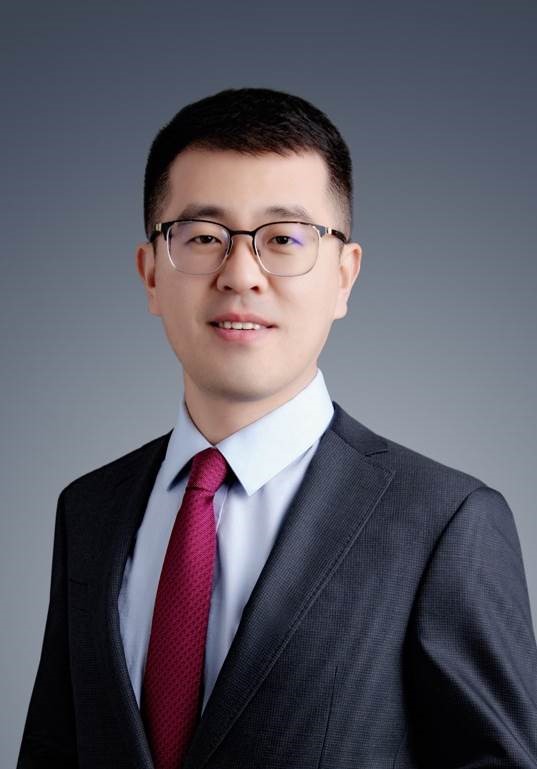Special Session 2
Optimization and Scheduling of Integrated Energy Systems for Carbon Neutrality
As the global challenge of climate change intensifies, the pursuit of carbon neutrality has become a central focus of energy transition strategies worldwide. Achieving this goal necessitates advancing the integrated optimization and scheduling capabilities of energy systems. Integrated Energy Systems which combine various energy forms such as electricity, heating, cooling, and hydrogen, offer diverse technological pathways and application scenarios to facilitate carbon neutrality. However, the critical challenge lies in efficiently scheduling these multi-energy systems, optimally harnessing renewable energy sources, and reducing carbon emissions, all while maintaining system stability.This special issue aims to compile cutting-edge research on the optimization and scheduling of Integrated Energy Systems in the context of carbon neutrality. It explores how advanced scheduling techniques, models, and technologies can enhance the coordination and economic performance of multi-energy systems. Key topics include: (1) Optimal scheduling to accommodate the variability of renewable energy sources, particularly the efficient integration and utilization of intermittent sources such as wind and solar power; (2) Collaborative multi-energy scheduling strategies, including the integrated optimization of electricity, heating, cooling, and hydrogen; (3) Applications of intelligent scheduling technologies, such as artificial intelligence, machine learning, and big data analytics; (4) Enhancing the flexibility and stability of CES to ensure reliability and economic viability in achieving carbon neutrality targets; and (5) Practical case studies demonstrating Integrated Energy Systems optimization in real-world contexts, including industrial parks and smart cities.
This special issue seeks to provide a platform for both academic researchers and industry professionals to exchange ideas and drive innovations in Integrated Energy Systems optimization and scheduling technologies that support the transition to carbon neutrality. We invite high-quality manuscripts from relevant fields, particularly those with strong theoretical foundations and practical relevance, to collectively advance the achievement of energy transition and carbon reduction goals. Suggested topics include, but are not limited to:
1. Optimal Scheduling Strategies for Addressing Renewable Energy Fluctuations
2. Optimization Methods for Collaborative Multi-energy Scheduling Strategies
3. Applications of Intelligent Scheduling Technologies to Improve Efficiency
4. Enhancing System Flexibility and Stability to Ensure Carbon Neutrality Goals
5. Applications of Integrated Energy System Optimization in Real-world Environments
Chairs:

Prof. Gaoqi LIANG, Harbin Institute of Technology, Shenzhen, China
Gaoqi LIANG is a Special Researcher and Doctoral Supervisor at Harbin Institute of Technology, Shenzhen. She is a recipient of the National-level Young Talent Project award and has been included in the "Top 2% of the World's Top Scientists" list by Stanford University in 2022, 2023, and 2024. Her research expertise focuses on the low-carbon transformation of new power systems and smart grid cybersecurity. Dr. Liang earned her Bachelor's degree from North China Electric Power University in 2012 and her Ph.D. from the University of Newcastle, Australia, in 2017. She has published over 50 papers in leading domestic and international journals, including 4 ESI Highly Cited Papers, two Nature sub-journals, and one in a Cell sub-journal. Her work has garnered more than 4,600 citations on Google Scholar. Dr. Liang has led several research projects, including the Guangdong Regional Joint Fund Youth Project, the Shenzhen Stable Support Project, and the Start-up Fund for the Introduction of Talent, etc.

Assoc. Prof. Xian ZHANG, Harbin Institute of Technology, Shenzhen, China
Xian Zhang is an Associate Professor with the Harbin Institute of Technology, Shenzhen, Shenzhen, China. She received the B.Sc. degree in electrical engineering from North China Electric Power University, Beijing, China, in 2009, the M.Sc. degree in electrical engineering from Tsinghua University, Beijing, in 2012, and the Ph.D. degree in electrical engineering from The Hong Kong Polytechnic University, Hong Kong, in 2019. Her main fields of interests include integrated energy system and electric vehicles. She was an Engineer with the Jiangxi Electric Power Research Institute, Nanchang, China, and a Postdoctoral Fellow with The Hong Kong Polytechnic University, Hong Kong.

Assoc. Prof. Shaoyan LI, North China Electric Power University, China
Shaoyan Li is an Associate Professor and Assistant Director of the Department of Electrical Engineering at North China Electric Power University. He serves as Secretary-General of the IEEE PES (China) Power System Restoration Technology Subcommittee and Executive Member of the Resilient Grid Technology Subcommittee. He is also an Associate Editor for Protection and Control of Modern Power Systems and a Youth Editorial Board Member for Power System Protection and Control and Zhejiang Electric Power Journal. His research focuses on safety defense and restoration control in modern power systems, resilience assessment, and proactive enhancement. Dr. Li has published over 20 SCI/EI-indexed papers as the first or corresponding author, holds more than 10 granted invention patents, and has received notable awards, including the Second Prize for Technological Invention in Hebei Province and the First Prize for Scientific and Technological Progress from Yunnan Power Grid. He has led two National Natural Science Foundation projects, one Hebei Natural Science Foundation project, one subproject under the National Key R&D Program, and over 10 enterprise collaborative projects.

Dr. Chao YANG, North China Electric Power University, China
Chao Yang is a lecturer at the School of Electrical and Electronic Engineering, North China Electric Power University. His research expertise focuses on the electricity market and the new power system resilience. Dr. Yang earned his Ph.D. in Engineering from the same university in 2019 and subsequently joined the Chinese University of Hong Kong, Shenzhen, as a postdoctoral researcher in 2020. He has published over 20 papers in leading domestic and international journals, including 15 in SCI/EI-indexed journals, with one paper recognized on the "Top-Quality and High-Impact" list in the field of "Demand Response in Power Systems" by Automation of Electric Power Systems. He has contributed to a wide range of research projects, including one National Natural Science Foundation of China Key Project and two General Projects, and over 10 industry-funded projects with various power grid companies.
